Why is my cat throwing up but not acting sick?
Why is My Cat Throwing Up But Otherwise Acting Normal?
Cats may throw up even when they're not sick. If your cat throws up right after eating, they may be eating too much or too fast. They might be reacting to a change in their diet, or they might have eaten something they shouldn't have like a rubber band or piece of string. Hairballs could be to blame,
Cat owners can be understandably alarmed when their feline friend throws up. Vomiting is a common occurrence in cats, and while it can sometimes signal a serious underlying condition, it often doesn't. If your cat has vomited but seems otherwise energetic and healthy, it's natural to wonder what caused it and whether you should be worried. This article explores the various reasons cats vomit, discusses when it's a cause for concern, and offers tips for keeping your kitty feeling their best.
Understanding Feline Vomiting
Cats vomit for a variety of reasons. Sometimes it's a harmless response to something they've ingested, other times it can indicate a more serious health issue. Here are some of the most common reasons cats throw up:
Hairballs: A feline's natural grooming habits can lead to a buildup of fur in their digestive system. This fur can clump together and irritate the stomach, causing the cat to vomit it up in the form of a hairball.
Dietary indiscretion: Cats can be sensitive to sudden changes in their diet or may vomit after eating something that disagrees with them, like human food or spoiled kibble.
Eating too quickly or too much: Overzealous eaters may scarf down their food too fast, leading to stomach upset and vomiting.
Foreign objects: Curious cats might ingest items that can't be digested, such as string, toys, or plants. This can cause a blockage and subsequent vomiting.
When to Worry About Cat Vomiting
While occasional vomiting in cats is usually nothing to worry about, there are some signs that may indicate a more serious issue:
Frequency: If your cat is vomiting several times a day or for more than a day or two, seek veterinary attention.
Blood in the vomit: The presence of blood in your cat's vomit can be a sign of internal bleeding or ulcers and requires immediate veterinary care.
Loss of appetite: If your cat is vomiting and stops eating or drinking, it's important to see a vet as dehydration can become a serious concern.
Lethargy: A cat that is lethargic or appears weak after vomiting may be experiencing a more serious condition.
What to Do if Your Cat Throws Up
If your cat throws up occasionally and seems otherwise healthy, you can take some steps to monitor the situation and prevent future occurrences:
Withhold food for a few hours: Allow your cat's stomach to settle. Once they seem ready, offer small amounts of bland food like boiled chicken or white rice.
Monitor water intake: Dehydration can become a risk after vomiting. Ensure your cat has access to fresh water and encourage them to drink.
Identify potential triggers: Consider any recent dietary changes or if your cat might have gotten into something they shouldn't have.
Invest in a slow feeder: This can help prevent your cat from eating too quickly, which can sometimes lead to vomiting.
Schedule a vet visit: If your cat's vomiting is persistent, accompanied by other concerning symptoms, or if you have any concerns, err on the side of caution and schedule a visit with your veterinarian.
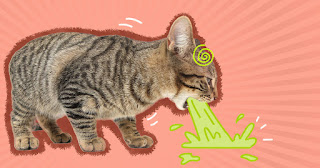
Preventing Cat Vomiting
Here are some tips to help keep your feline friend's tummy happy and prevent vomiting:
Maintain a consistent diet: Avoid abrupt changes in your cat's food. If you need to switch their food, do so gradually over a week or so.
Regular brushing: Regular brushing, especially for longhaired cats, can help reduce the amount of fur they ingest, leading to fewer hairballs.
Keep toxic items out of reach: Cats are naturally curious and may try to eat things that can make them sick. Ensure any potential hazards, like houseplants or medications, are kept out of their reach.
Schedule regular vet checkups: Regular veterinary checkups can help identify underlying health issues that may be contributing to vomiting.
By understanding the potential causes of cat vomiting and taking steps to prevent it, you can help your feline companion live a long and healthy life. If you have any concerns about your cat's vomiting, always consult with your veterinarian for professional advice.
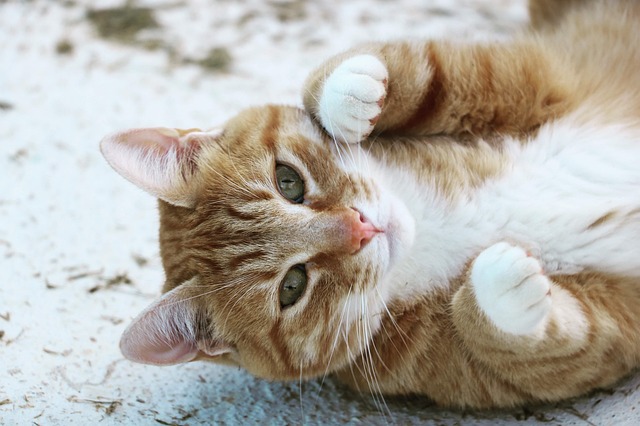

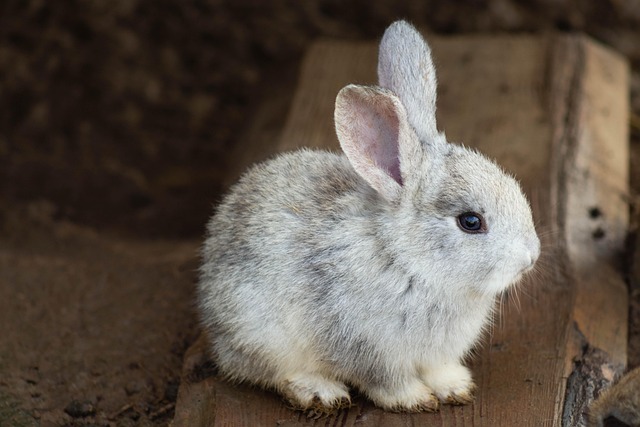
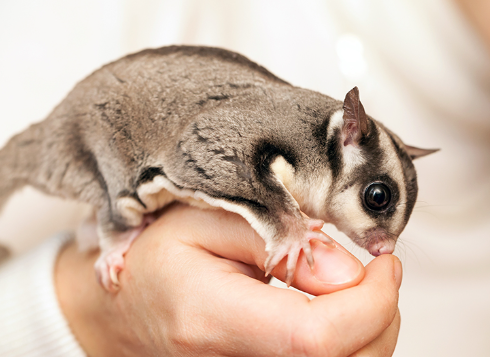
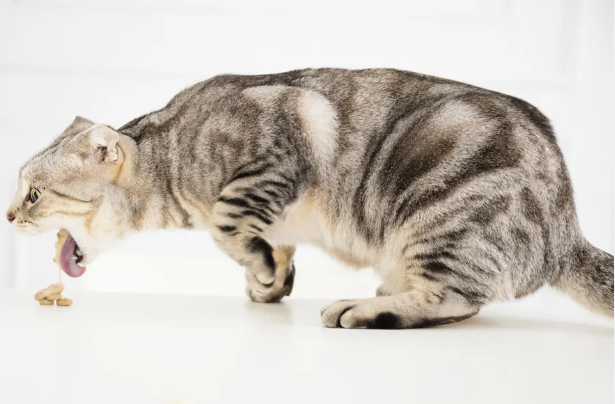







Leave a comment